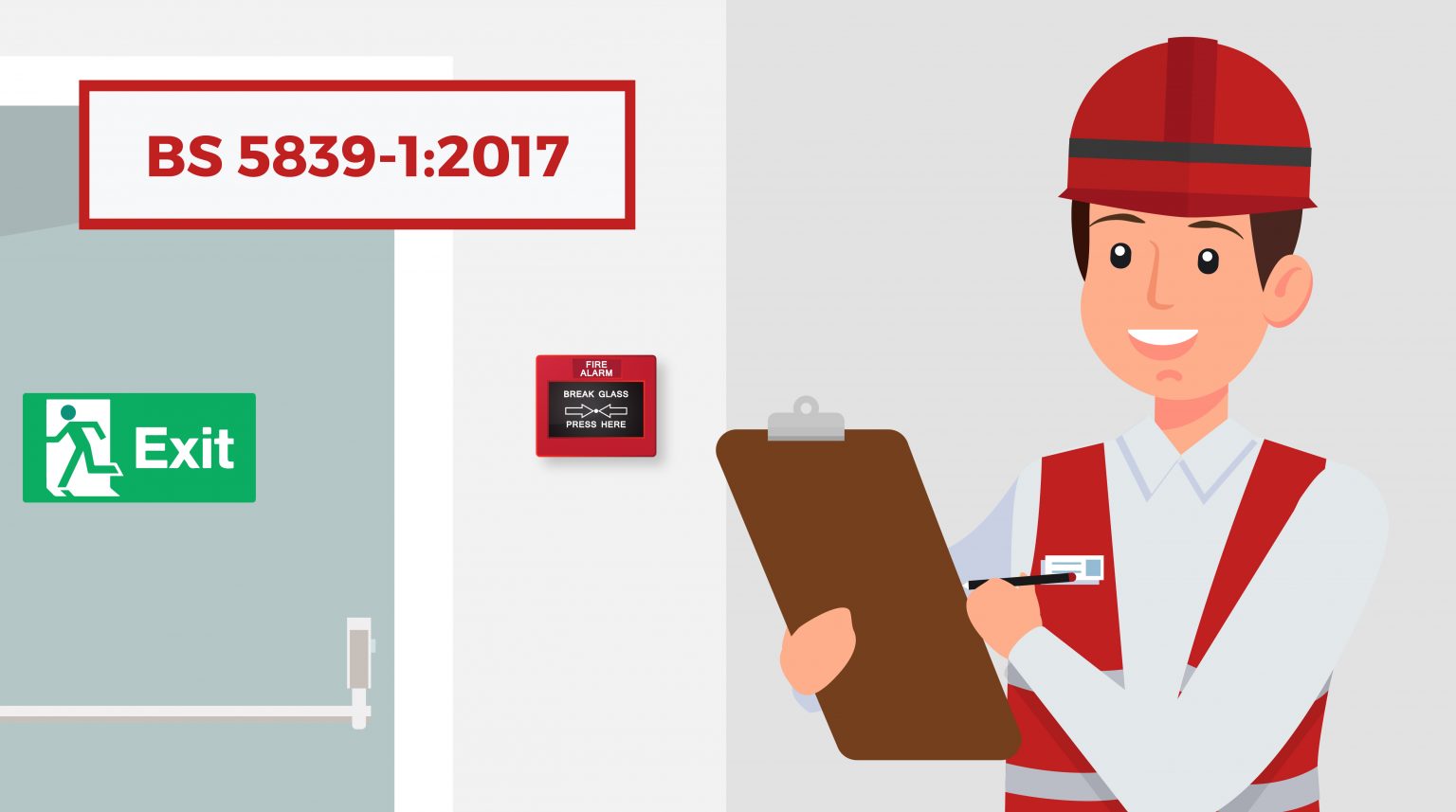Mastering Fire Safety Compliance: Training for Corporate Spaces
Mastering Fire Safety Compliance: Training for Corporate Spaces
Blog Article
Fire safety is a critical concern for any business operating in the United States.
Whether you manage a small office or a large corporate space, understanding fire safety protocols is essential to keeping everyone protected.
By the end, you’ll have a practical roadmap for ensuring your office meets the highest fire safety standards and safeguards your most valuable assets: your people.
The Importance of Workplace Fire Safety
According to the National Fire Protection Association (NFPA), thousands of commercial fires occur each year, causing billions in property damage and tragic losses of life.
Fire safety in the workplace protects more than just assets—it safeguards employees and visitors from harm.
That’s why understanding the full scope of fire safety—training, equipment, documentation, and inspections—is essential for every organization.
Understanding Fire Warden (Brigade) Training Requirements
Fire wardens act as safety leaders, guiding colleagues to exits, checking on vulnerable individuals, and ensuring no one is left behind.
Many programs cover topics like fire extinguisher use, alarm systems, emergency communication, evacuation routes, and post-incident reporting.
Well-trained fire wardens not only enhance safety but also help organizations pass compliance inspections, reducing legal and insurance risks.
How to Prepare for Fire Safety Certification and Renewals
These certifications confirm that the office has adequate fire alarms, extinguishers, evacuation plans, signage, and trained personnel in place.
To prepare, start by conducting an internal audit.
Keep detailed maintenance records, update training logs, and perform regular fire drills to stay prepared.

How to Keep Your Office Fire-Safe Every Day
This includes routine equipment checks, clear communication, and fostering a culture where all employees understand their role in fire prevention.
Regular maintenance is critical: schedule monthly checks on fire alarms, smoke detectors, sprinkler systems, and extinguishers.
Employee engagement matters too.
Understanding the Risks of Non-Compliance in Fire Safety
Non-compliance can lead to fines, lawsuits, business license suspension, or even criminal liability if negligence results in harm.
Insurance coverage is also tied to compliance.
By prioritizing fire safety, businesses demonstrate responsibility and reduce the risks of costly legal and financial setbacks.

Conclusion: Building a Fire-Safe Workplace
Whether you run a small office or a large corporate campus, robust fire safety strategies are a non-negotiable part of doing business.
Fire safety readiness is a powerful signal of professionalism and care.
As fire risks evolve and workplace environments change, staying proactive is essential.
FAQ About Office Fire Safety
Who needs fire warden training in a US office?
Larger offices may require multiple wardens to cover all floors or departments.
How often should fire safety certifications be renewed?
Regular internal reviews help ensure continuous compliance and smooth renewal processes.
What triggers most workplace fires in the US?
Good housekeeping and equipment maintenance are key to fire prevention.
Can non-compliance void my business insurance?
Failing to meet these standards may reduce payout or lead to denied claims in case of a fire.
What elements make up a solid fire emergency plan?
It should be clearly communicated, posted in visible areas, and reviewed regularly with staff.
quem precisa de brigada de incêndio legislação de incêndio no Brasil descubra mais Report this page